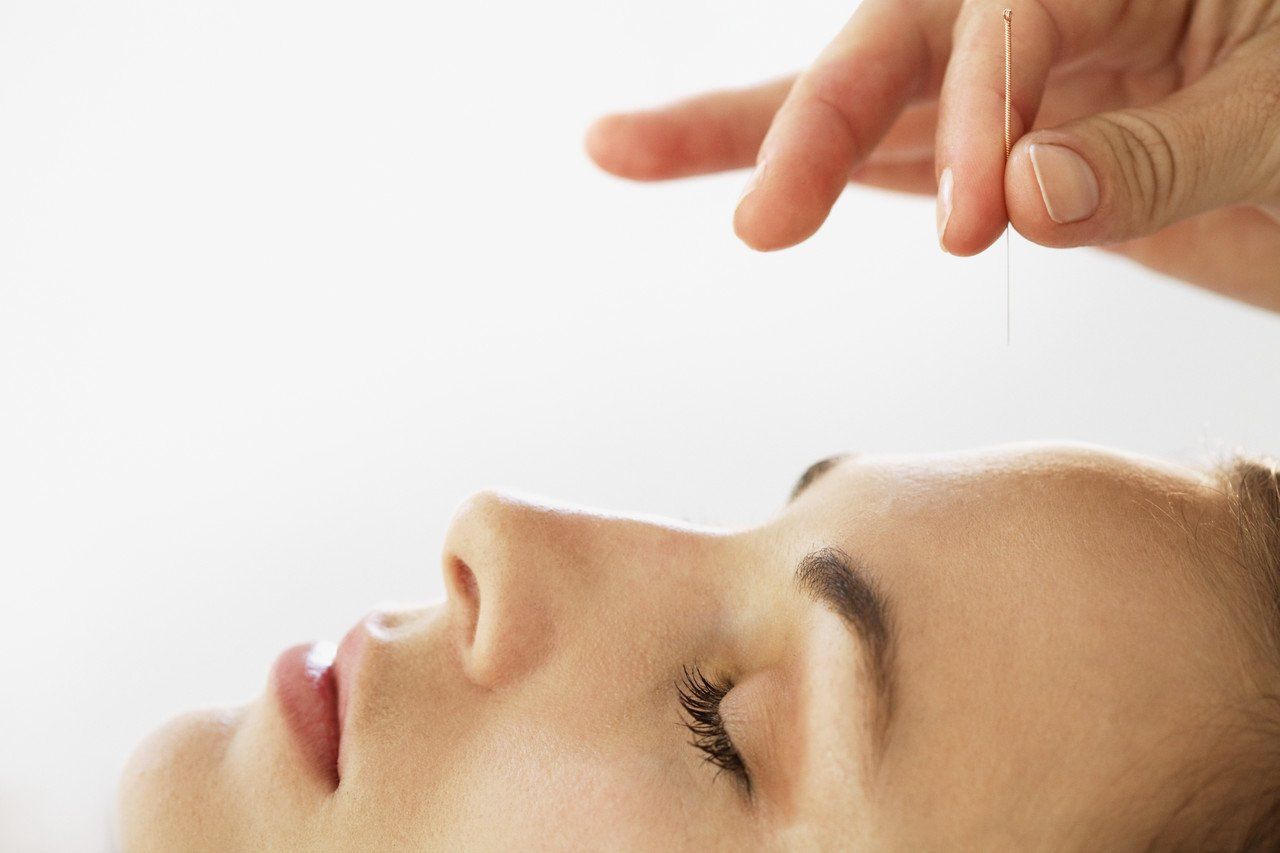Why Acupuncture Should Be Part Of Your Monthly Self-Care Routine
Self Love Comes In Many Forms, like Acupuncture. Book an Appointment Today (602) 524-0222

If you’ve never experienced the benefits of acupuncture, the idea of getting poked with needles to relax might sound like a joke. But committing to routine acupuncture appointments is actually a very easy, low maintenance habit that can help to heal pain and fight chronic stress.
Here are some benefits of acupuncture, the impact he sees with regular visits, and why its worth the commitment…
DISEASE PREVENTION
Dr. Mark Hyman (medical advisor to Bill and Hillary Clinton, New York Times best selling author and leading scholar) has said, “There is a dramatic and powerful connection between your mind and body. In fact, it really should not be called a connection because it is just one bi-directional system. Ninety-five percent of all illness is caused or worsened by stress.”
There are many studies about how effective acupuncture is in relieving stress, including ones showing how acupuncture lowers the stress hormone cortisol and stimulates the release of endorphins in the brain.
IMPROVES SLEEP
If there’s one thing that everyone agrees on it’s that sleep is the most important aspect of good health. Poor sleep contributes to everything from inability to lose weight to faster aging.
Acupuncture is super helpful with getting good sleep! Studies show that acupuncture improves sleep activity and quality, as well as melatonin production. Patients receiving acupuncture fall asleep faster, are less active at night and are less stressed.
There is so much I could write about how to sleep more deeply. If you really want to maximize your sleep, I highly recommend seeing me for sleep solutions.
MORE REJUVENATING THAN A NAP
I believe the daytime ‘acupuncture nap’ are great. There are a few reasons why: You can make an appointment for it, it’s just as good alone and your boss will probably let you slip out of the office at lunch to do it! Ninety-nine percent of my patients ‘zone out’ for 20-30 minutes every time they get acupuncture. They say they go into a deep, sort of lucid dreaming state. After acupuncture, they slowly return from this relaxed state and feel balanced, grounded and fully recharged, as if they just returned from a week vacation.
WELL-BEING + EMOTIONAL STABILITY
Chinese medicine allows for the effects of the emotions on the body to be classified and treated regularly. Each emotion has a corresponding organ. For example, frustration, anger and irritability are emotions ruled by the liver.
Now, you wouldn’t go to your MD and say, “My acupuncturist tells me I have liver qi stagnation. Can you please check my liver?” It’s more the energy of the liver we are talking about. Basically, if you are having a stressful week and are starting to get irritable, then odds are your liver energy is becoming stagnant and needs to move! So your acupuncturist would focus the acupuncture on the points of the liver used to move the liver qi and break up stagnation.
By doing acupuncture regularly, you’ll be able to keep the liver energy moving and prevent the irritability and frustration from starting in the first place.
HERBAL MEDICINE
Another aspect of what acupuncturists do is herbal medicine. Herbs are an all-natural, mostly plant-based medicine that are effective for everything from PMS, hormonal acne, painful menstruation, irregular periods, hormone balancing, menopausal hot flashes, digestion, high cholesterol and so much more. I’ve seen women with eight- or nine-out-of-ten pain, vomiting and nausea, go down to one- or two-out-of-ten pain in two to three months using a combination of herbs and acupuncture.
3 TIPS FOR TRYING ACUPUNCTURE
Acupuncture has a cumulative effect on your health overall. And if you’re less stressed, are sick less often, sleeping better and waking more restful you are going to be more productive. And you’re also going to have a higher quality of what you produce.
Find a qualified acupuncturist with some herbal medicine experience. Don’t go to someone who has only met the bare minimum requirement of hours required to be allowed to put acupuncture needles in someone by the state medical board. “Dry needling” is an example of this. You want someone with a degree from the NCCAOM or the State of California Acupuncture Board.
Be sure you ‘click’ with your acupuncturist. You’ll get the most out of the experience if you are confident and comfortable with the person you see and if you feel they ‘get you.’
Go for several treatments. For some people, it can take several treatments to start to notice the changes in their body, and for some, the effects are immediate.
Call or Text Dr. Diana at (602) 524-0222 to schedule an appointment.
Source: The Chalkboard Mag Read the full article here.





